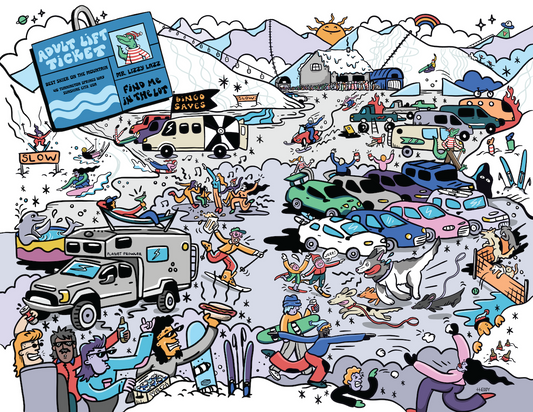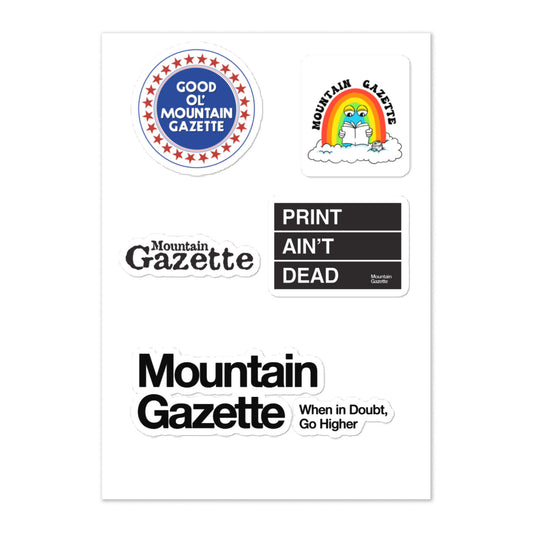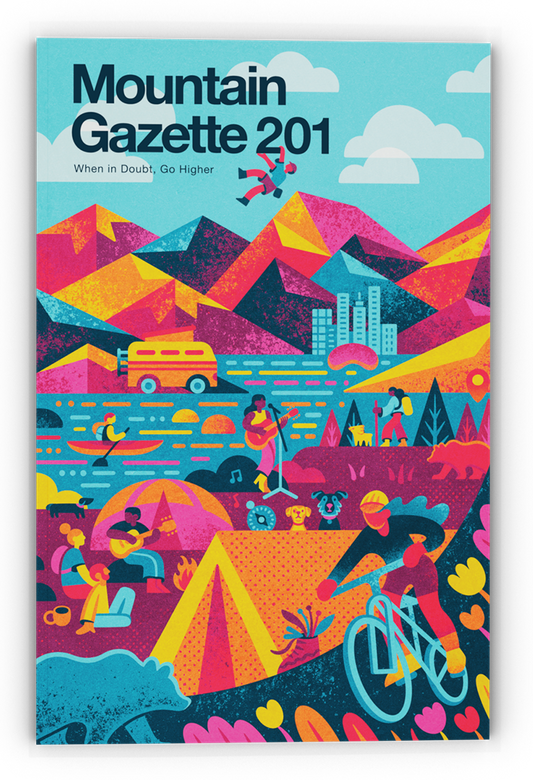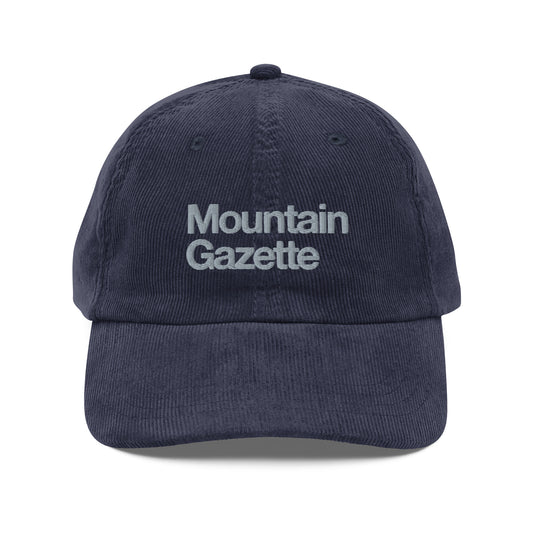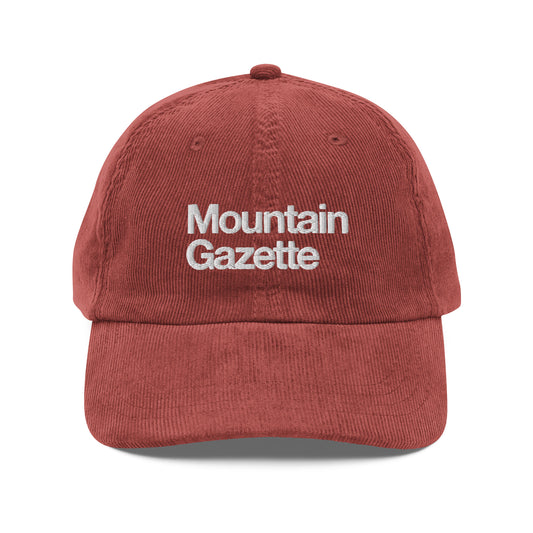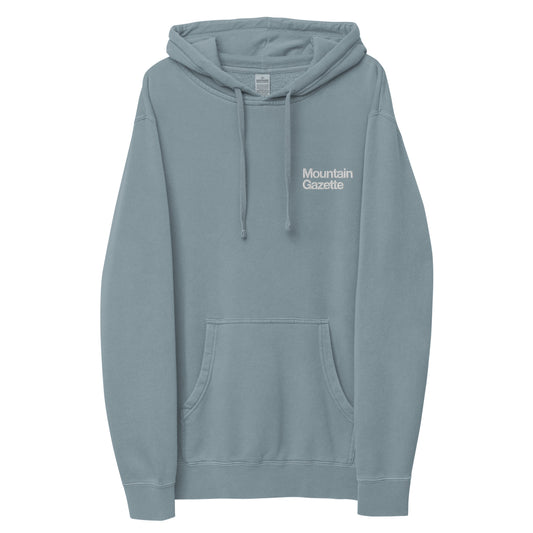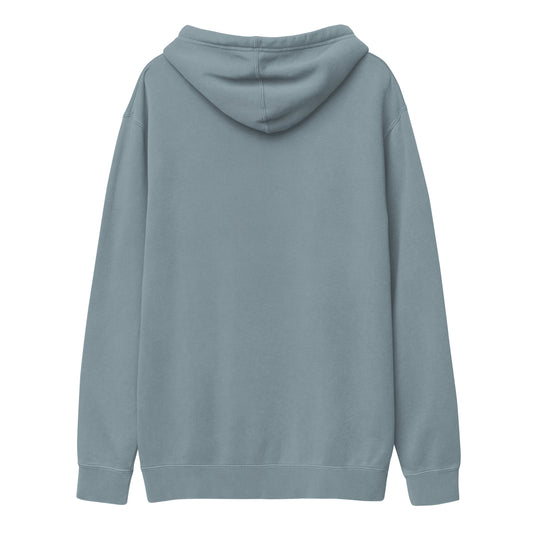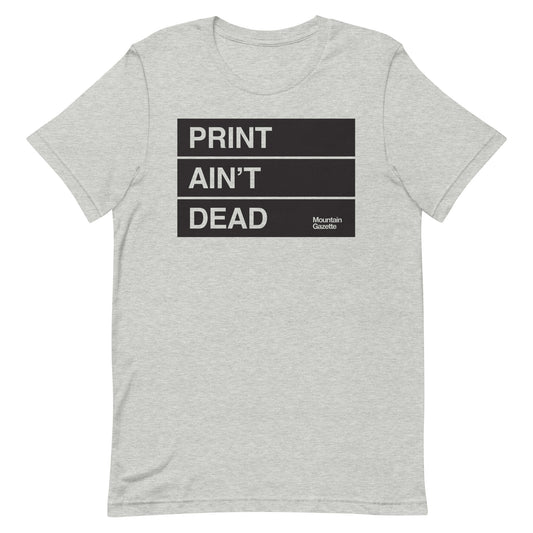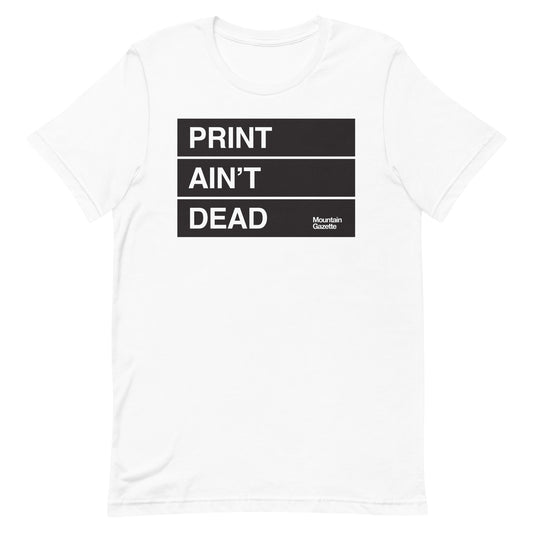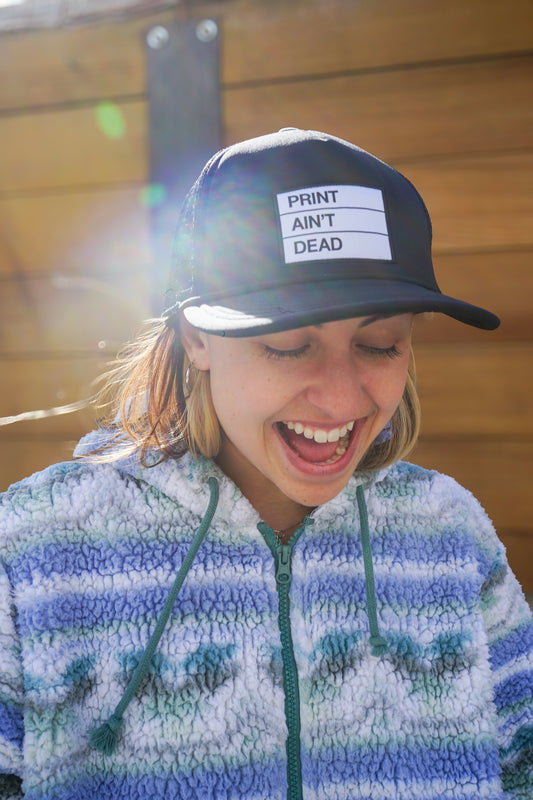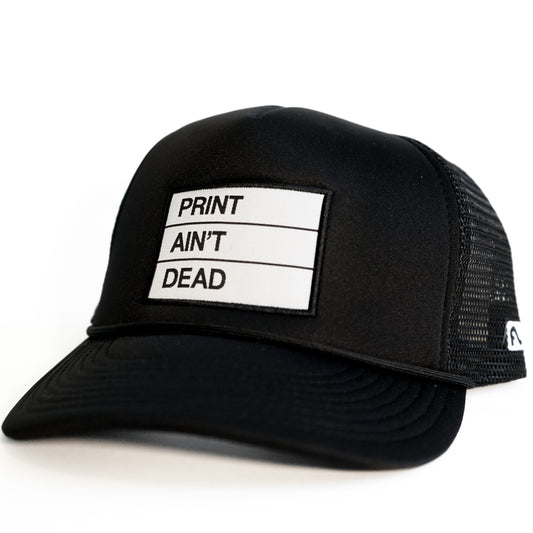By Hannah Truby
It is typical for climbers to pair up with a peer during indoor gym competitions, each taking turns to belay the other. To Sasha DiGiulian, this was time wasted. Enlisting her mom as her belay partner meant maximized wall-time for the young climber. DiGiulian, it’s clear, was not so typical from the jump.
Driven, focused, and individualistic as young DiGiulian was, the new HBO documentary Here to Climb proves the 31-year-old is even more so.
“Elite athletes have to be driven; you have to be selfish," she says halfway through the film.
Having recently conquered her 50th 5.14, DiGiulian is one of America’s most accomplished climbers, sending some of the hardest routes around the world, and achieving several first-female ascents. Documenting her evolution and feats on social media has allowed DiGiulian to secure brand deals and recognition worldwide. But self-promotion, as the film shows, comes as a double-edged sword.
Beyond a chronicle of the life and pursuits of the professional rock climber, Here to Climb is the origin story of a driving passion—and the challenges it’s met with.
Continue reading for a Q&A with professional climber Sasha DiGiulian.
 PHOTO: PABLO DURANA / RED BULL CONTENT POOL
PHOTO: PABLO DURANA / RED BULL CONTENT POOL
What made you decide to make this film?
We started filming as I was looking down the barrel of five major surgeries [for hip dysplasia], and it was really to see if I would be able to come back to climbing or not. I'd never seen an athlete fully recover from a PAO [Periacetabular osteotomy]. And then, in that process, we realized there was a much larger story to tell. I have been so inspired by all the women who paved the path for me to even imagine making something I’m so passionate about. I’m just really excited to hopefully inspire a fraction of men and women by sharing my journey through the obstacles and challenges I’ve faced to build my career.
Capitalizing on your social media reach and documenting your ascents has allowed you to market yourself and make a living doing what you love. But this has also garnered a lot of backlash, which takes center stage for much of the film. Can you talk a little bit about this double-edged sword of self-promotion?
What I love about climbing is that I’m in control of my own success. My generation gets to make a living doing what we love. Documenting your ascents makes your career grow. But with certain ascents, the backlash was that I was this outsider suddenly getting a lot of attention for things that felt overhyped.
As far as self-promotion—and I think that a lot of female athletes may agree with this—the world doesn't promote female athletes in the same way that they promote men. The pushback I’ve gotten for hyping what I'm doing and sharing it on social media, especially when critiqued by male climbers, really frustrates me because it reflects a general lack of understanding of what a female athlete goes through. We don't have the same sort of leverage and support.
Your attempt to summit Pico Cao Grande, for example, was met with a lot of criticism. We see in the film that a large rock falls during the ascent, which you share on social media. Why do you think there was so much backlash to this?
I think it plays into what risk tolerance is acceptable for a woman. A lot of my decision-making, I felt in control of what I was comfortable with, and the pushback from my ego would never be considered a flaw for a man; it would be celebrated.
The big culmination of the film is your eventual successful summit of Local Progression. Many people would say—and did say—that this was pretty wild, considering you were five weeks post-op. Why were you so intent on accomplishing it?
A lot of people did say, “Why did you go so soon? Why didn't you wait until the next season?” But for me, it was just this climb that was paralyzing me. It was like the nucleus of where a lot of my fear and confusion was manifesting, and my mentality was to go to the source and confront it head-on.
Your friend and videographer Pablo Durana said that during this mission, he saw how fragile you were. Did you feel “fragile”?
While I was not in my best shape and maybe not totally prepared to take on a challenge like that, I felt it was more of a mental hurdle to overcome than even a physical one. There was something in me that changed after that climb. I realized for myself that I could come back and push through real physical challenges as well as mental ones. That summer, coming back from Mexico, I felt like I was coming back to being an athlete. So yes, I was fragile, but it’s okay that I was. I just needed it for myself.
You’ve been dealing with the criticism and backlash of social media for several years now. How do you make peace with it today?
In our world today, we're both so connected and so disconnected. Social media is such a big form of our way of staying in touch. But it's also such a two-dimensional aspect of connectivity versus being in person and being around people we love. So, putting energy into building more of a sense of community with my family and the people around me has been huge.
We see a lot of athletes confronted with something that forces them to pause. Your injury took away your ability to climb. We got to see you work through this period and set a new goal for yourself post-surgery. Now, post-op and post-filming, how are you finding a sense of purpose beyond the wall?
Life is so much bigger than climbing a rock wall, of course...but rock walls really make me feel so alive [laughs]. But having founded my nutrition bar company, becoming CEO, and working to build an all-woman team has brought me so much purpose. I'm finding it through writing my book, as well. It made me do a lot of self-reflection, really turning over stones I hadn’t revisited from my past and in some foundational relationships I’ve had.
Lynn Hill plays a significant role in the film, acting as a mentor and a kind of foil to your journey. We see how she’s passing the torch to you in many ways as you continue to be a role model and representative for females in the climbing space. Given that she was a major inspiration for you from the beginning, how do you hope to inspire the next generation of climbers?
Wow. Big question! But it's an important one. I hope to inspire future climbers to lean into being themselves and living in their dualities. If they want to embrace femininity but also be strong, those don't need to be mutually exclusive. That was my experience. Because I don't look the part of a traditional male climber, my success has been questioned. I also hope to inspire a sense of overcoming obstacles. We all go through challenges and obstacles and have times when we have to fight for our own sense of purpose. I hope it normalizes that the struggle is real and universal, whatever your challenge is, and provides some inspiration to get through whatever challenges the viewer is experiencing.



Photos courtesy of RED BULL CONTENT POOL


